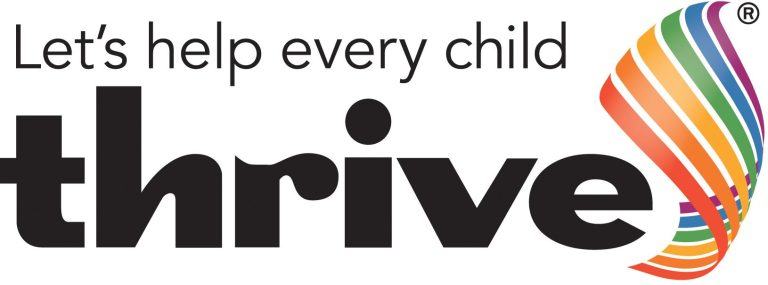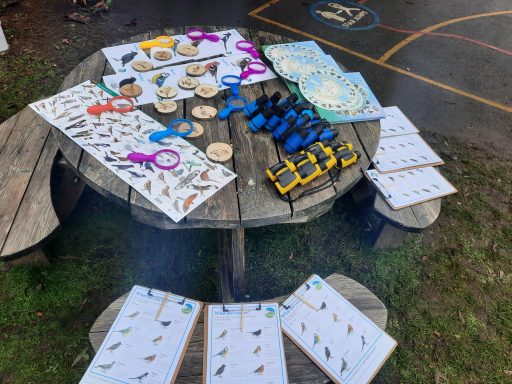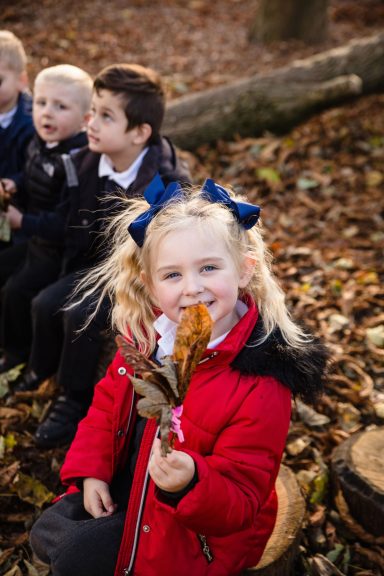
Therapeutic Forest School
Our therapeutic forest school sessions are delivered by qualified Therapeutic Forest School Practitioners and Outdoor Mental Health Practitioners. These sessions are suitable for children and young people with additional needs or as an intervention for children and young people with Social, Emotional and Mental Health (SEMH) needs. The sessions are designed to break down the barriers to participation and learning through carefully guided opportunities for learning and play.
We can support children and young people with:
● Adverse Childhood Experiences (ACE)
● Attachment difficulties
● Developmental trauma
● Those requiring inclusive communication strategies
● Those with sensory processing needs
● Those with learning disabilities and autism
● Those with SEMH needs
● Those with behavioural needs
We tailor all our sessions to the need of the child/young person and offer these as 1:1 or as small group intensive wellbeing support. Please get in touch to discuss your children’s needs and where we can help.
What is Thrive?
The thrive approach is a dynamic, developmental, trauma-sensitive approach to meeting the emotional and social developmental needs of all children and young people.
It is informed by recent developments in neuro-scientific research, and is underpinned by a theoretical base in child development theory, attachment theory and research into creativity, play and the arts.

How it works
The online assessment tool enables practitioners to clearly and systematically identify the social and emotional needs of the child/young person, and suggests how to be and what to do in order to meet those needs. Geared towards addressing the needs of the children and young people, it equips practitioners with the ability to support right-time emotional development, as well as to provide reparative interventions for children and young people with unmet needs from earlier in their development. In this way, the Thrive Approach is rigorous, targeted, measurable and inclusive.
Six key phases of social and emotional developmental learning
- Being (0 - 6 months)
- Doing (6 - 18 months)
- Thinking (18 months - 3 years)
- Power & Identity (3 - 7 years)
- Skills & Structure (7 - 11 years)
- Interdependence (11 - 25 years)
Within these phases, there are three age specific developmental tasks, it then looks at what healthy development should look like from the child/young person in this stage, what interrupted development looks like, alongside what the role of the adult and parent/carer looks like.

What do the Thrive sessions look like?
Who are these sessions for?
We use the same Forest School focus for all of our Therapeutic Sessions, as Forest School helps participants to become healthy, resilient, creative and independent learners.
- 1:1 or small group interventions
- Social, Emotional and Mental Health (SEMH)
- Behavioural
- Pastoral
- Persistent absentees
- Those educated outside of school
What do these sessions look like?
Our sessions are designed to break down the barriers to participation and learning through play, using carefully structured and guided opportunities. We use the PACE approach of: Playfulness, Acceptance, Curiosity and Empathy.
Through these approaches we focus on:
- Building positive relationships
- Feeling safe
- Feeling confident/building self-esteem
- Resilience
- Achievement
We use a combination of shoulder to shoulder activities and Thrive therapeutic approaches.
©Copyright. All rights reserved.
We need your consent to load the translations
We use a third-party service to translate the website content that may collect data about your activity. Please review the details in the privacy policy and accept the service to view the translations.



